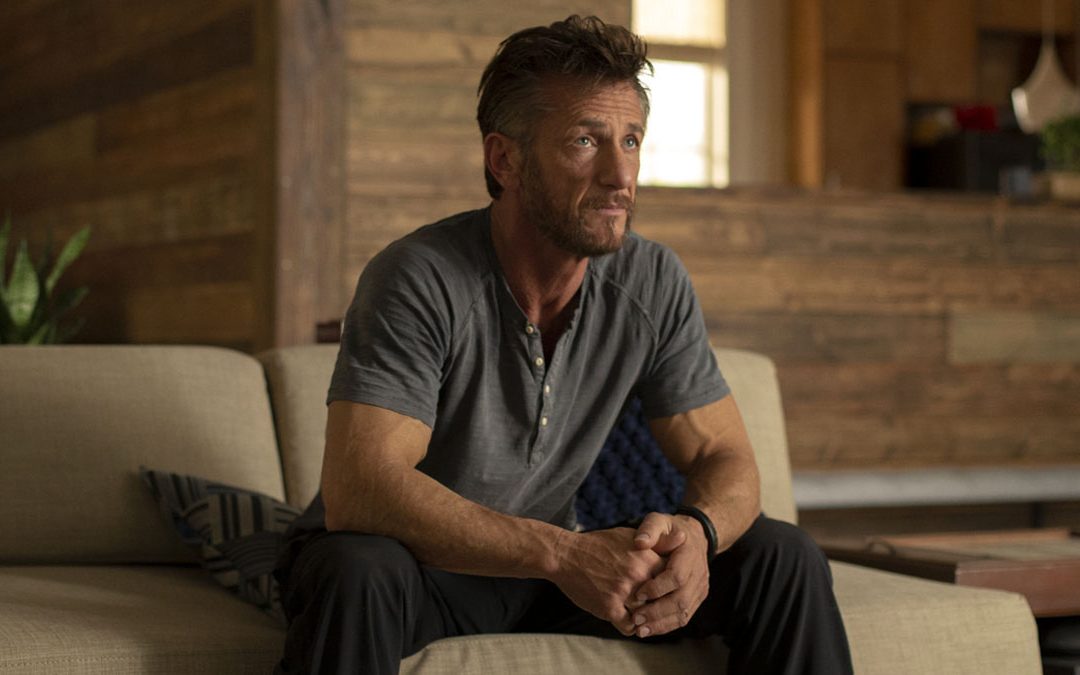Major spoilers ahead for The First episode 1.
At a Louisiana launch site, a crowd of loved ones, joined by two billion viewers around the world, watches the crew of the Providence 1 embark and lift off. It’s an occasion of pride and wonder, a celebration of human endeavour and expertise. And then… disaster. The spacecraft malfunctions in mid-air, and is engulfed by a cloud of flames. There can be no doubt, the five astronauts inside, whose faces are hanging as banners in the celebration hall, are dead.
That spectacular scene is the pivot point of The First’s opening episode. It’s the moment hope dies and guilt and recrimination begin. The path to the starting line has been a long one, and now, it must begin again.
The First showrunner Beau Willimon and actor Natascha McElhone told Den Of Geek what inspired that moment, and what it meant to the series…
The 1986 Challenger disaster was a huge event worldwide, especially for young kids watching at school. Is that something that had an impact on you when you were young?
Beau Willimon: Undoubtedly, it had an impact across the whole world. I believe I was in second or third grade at the time and we were watching it in school, and for little kids who still, at that point, don’t have a full conception of what death means… It was this moment where someone who was like you, that’s Christine McAuliffe, a schoolteacher—not unlike the schoolteacher who was standing in front of us that day—is an astronaut, so suddenly space this strange and foreign thing becomes intimate and recognisable, and then you witness a tragedy like that. As a little kid, I remember every aspect of that day, every detail of it, for all those reasons and also because it was really one of the first times I felt like I actually had to confront death and what it means.
Certainly I was drawing from that to a degree in the writing of [episode one], but we also talked to a tonne of people who were part of the space programme during the Challenger and [2003] Colombia tragedies to get their input on what it was like to actually be working on those teams and experience it as an adult.
You, Natascha [as company head Laz Ingram] have to give that speech to your team. It’s a little different because you’re running a company as opposed to being part of NASA…
Natascha McElhone: …or having a family member in it. But because [Laz’s] primary relationship in her life is with her work, it’s as if someone has died. She was very connected to all of these people anyway, they’ve been team-building for a very long time. Because she’s a solution-finder rather than someone that likes to stay in a problem, her call to arms and action was very evident and that, to her, took priority. There were other people to do the heart and soul stuff and she was much better at putting her mind to how to move on from that point.
BW: One of my favourite moments in Natascha’s performance is after the event, the catastrophe, she has to come back and speak to her team and when she says the line “our machine has failed us.” What I got from what Natascha did that was extraordinary, and we’re [shooting] on her back, so you feel it just through the voice and the body language, is that she’s talking about this machine as though it was a family member. I think that’s her relationship to it.
NM: Absolutely.

